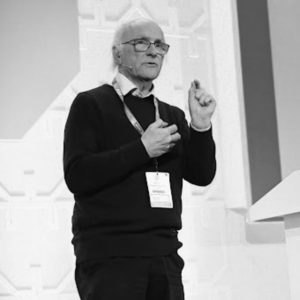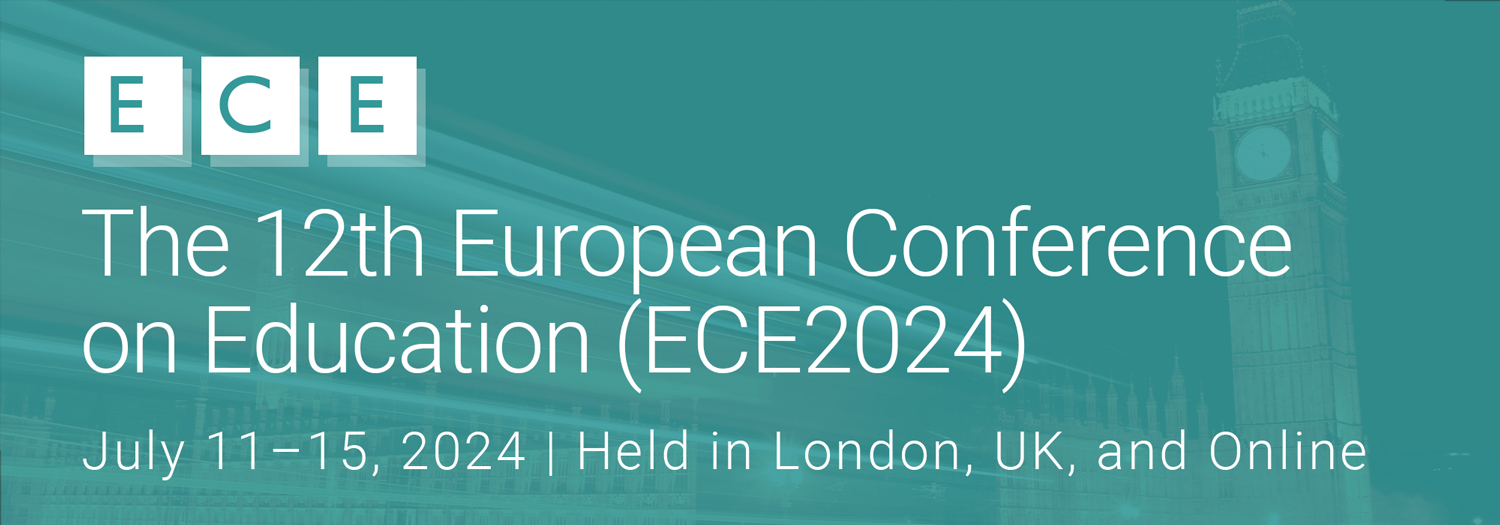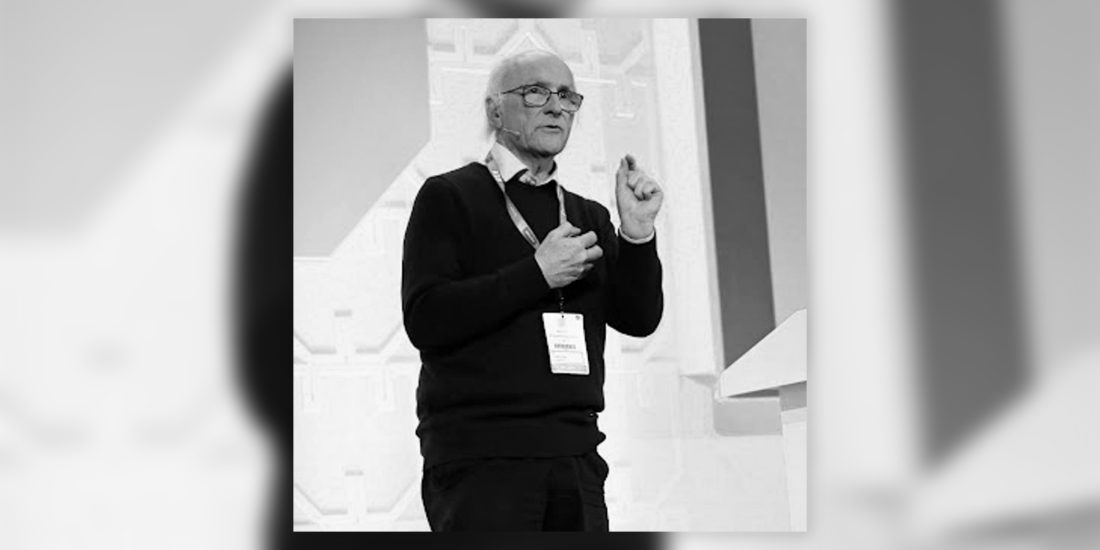Nick Tyler of University College London (UCL), United Kingdom, is the second speaker to be announced for The 10th European Conference on Education (ECE2022), which will be held alongside The 10th European Conference on Language Learning (ECLL2022), July 14–17, 2022.
Professor Tyler will be presenting a keynote titled “Transdisciplinarity in Education”.
The ECE/ECLL2022 Organising Committee is currently calling for papers to be presented at the event. Submit your abstracts by April 29, 2022 to participate.
To participate in ECE/ECLL2022 as an audience member, please register for the conference.
The presentation will also be available for IAFOR Members to view online. To find out more, please visit the IAFOR Membership page.
Speaker Biography
Nick Tyler
University College London, United Kingdom
 Professor Tyler, Chadwick Professor of Civil Engineering at University College London (UCL), was educated at the Royal College of Music, the Polytechnic of Central London (now the University of Westminster) and UCL. He worked as Operations Manager at Unichem Ltd (1984-1985) before joining UCL in 1987, holding appointments as a Research Assistant, Lecturer, Senior Lecturer and Reader at UCL in the period from 1987 to 2002, when he was then appointed to a professorship. From 2003 to 2013, Professor Tyler was Head of the Department of Civil and Environmental Engineering (renamed Civil, Environmental and Geomatic Engineering in 2007). He also directed the UCL CRUCIBLE Centre, which was a cross-university interdisciplinary research centre for lifelong health and wellbeing. He has recently set up a new transdisciplinary laboratory at UCL for the study of person-environment-activity interactions (PEARL), which is part of the UK Collaboratorium for Research on Infrastructure and Cities, and based at UCL. He is a Fellow of the Royal Academy of Engineering, the Institution of Civil Engineers, the Chartered Institution of Highways and Transportation and the Royal Society of Arts. He was appointed CBE for Services to Technology in the 2011 New Year's Honours list.
Professor Tyler, Chadwick Professor of Civil Engineering at University College London (UCL), was educated at the Royal College of Music, the Polytechnic of Central London (now the University of Westminster) and UCL. He worked as Operations Manager at Unichem Ltd (1984-1985) before joining UCL in 1987, holding appointments as a Research Assistant, Lecturer, Senior Lecturer and Reader at UCL in the period from 1987 to 2002, when he was then appointed to a professorship. From 2003 to 2013, Professor Tyler was Head of the Department of Civil and Environmental Engineering (renamed Civil, Environmental and Geomatic Engineering in 2007). He also directed the UCL CRUCIBLE Centre, which was a cross-university interdisciplinary research centre for lifelong health and wellbeing. He has recently set up a new transdisciplinary laboratory at UCL for the study of person-environment-activity interactions (PEARL), which is part of the UK Collaboratorium for Research on Infrastructure and Cities, and based at UCL. He is a Fellow of the Royal Academy of Engineering, the Institution of Civil Engineers, the Chartered Institution of Highways and Transportation and the Royal Society of Arts. He was appointed CBE for Services to Technology in the 2011 New Year's Honours list.
Abstract
Transdisciplinarity in Education
The 20th century has seen a general increase in the number of disciplines that can be distinguished in the world at large, and thus in the offer to be found in educational institutions around the world. Undoubtedly we are a long way away from the "Natural Philosophy" of a few centuries ago – and even from the title of the first Professor of Engineering in England, John Millington, the "Professor of Engineering and the Application of Mechanical Philosophy to the Arts" at UCL at its foundation in 1827. Perhaps it is the increase in capability of analysis that has driven this trend – the ritual taking apart of concepts that characterises 'analysis' – but the question is whether this is actually helpful for the world in the 21st century. Given the overarching complexity of the world in which we now live, such analysis is destined to be unhelpful – the effects of one discipline on another become too complex to analyse at any world-meaning scale. Now, we realise that systems are inherently complex and that perhaps a better model for the world's functionality is that of a biological interactive organism rather than a non-reactive physical structure. This realisation has the potential to change education in universities, for example, where the meaning of university might have become tied to the idea of separate universes of many disciplines, and now might need to be something more of the all-embracing universe of a vital organism composed of many other organisms. This talk discusses the implications of this shift for universities, in how they work, are organised and are designed.

